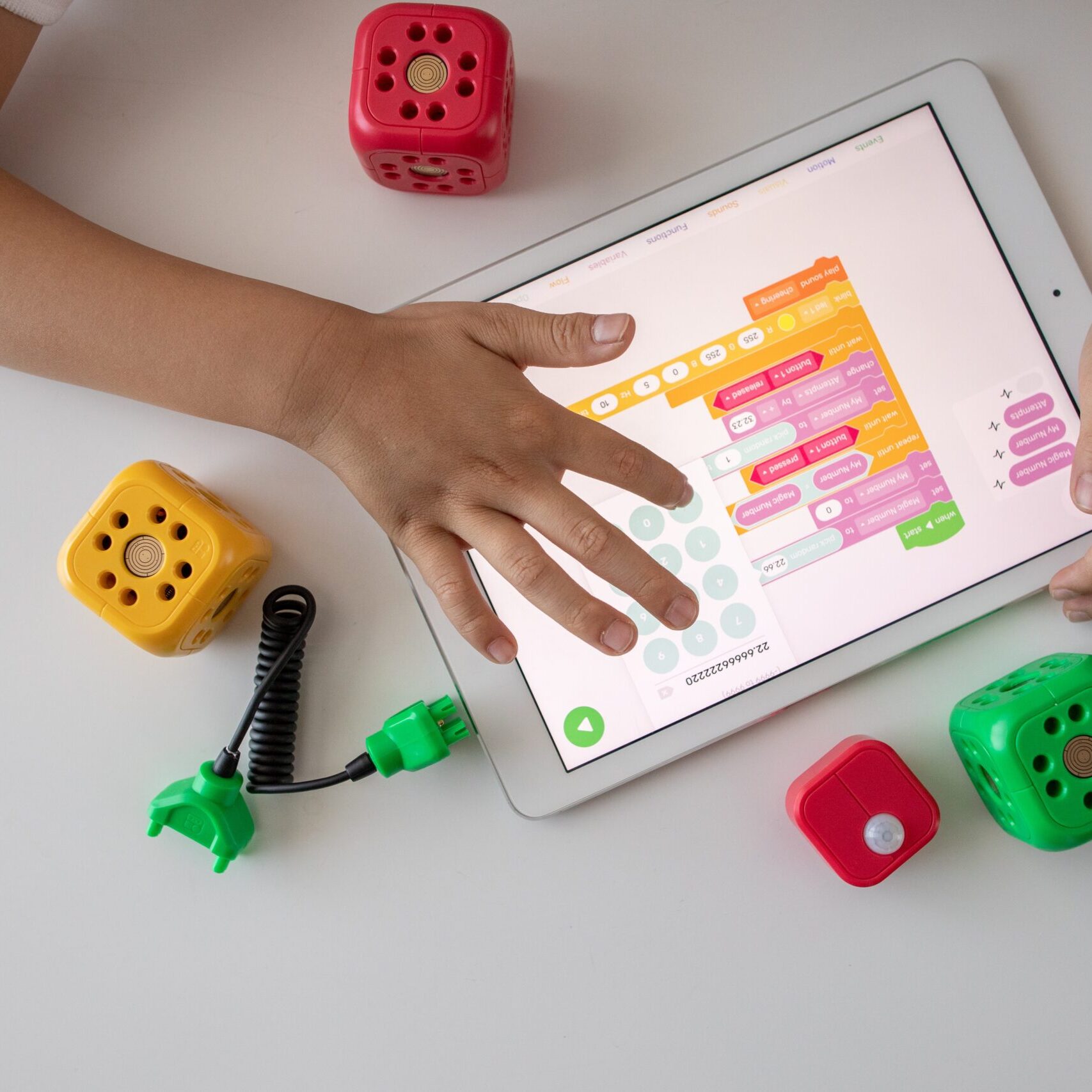Psychological Assessment Singapore
Located in Singapore, Psychology Blossom is dedicated to comprehensive psychological evaluations. We specialize in ADHD, Autism, Adoption evaluations, and advanced IQ, EQ, and Memory tests. With a blend of expertise and compassion, our team delivers tailored insights, ensuring each individual receives the personalized guidance they need for a clearer understanding and brighter future.
Autism (ASD) Assessment
Autism (ASD) Assessment
Although ASD is a lifelong condition, early identification and intervention can help individuals to navigate their symptoms and achieve their full potential. We currently assess individuals ages 3 and above.
An ASD diagnostic assessment may include the following:
- Intake Session (1.5h)
- Administration of an AD0S-2 Module (1h)
A set of standardised activities and questions designed to give the clinician opportunities to observe behaviours that are directly relevant to the diagnosis of ASD. The ADOS-2 incorporates the use of planned social activities catered for different developmental levels and chronological ages to create situations in which social interactions, communication and particular types of behaviours are likely to appear.
- ADI-R (1.5 – 2.5h)
A semi-structured diagnostic interview with parents or caregivers to assess an individual’s history and current functioning. Questions will be asked on the individuals’ language or communication, reciprocal social interactions, stereotyped and repetitive behaviours and interests, and the presence of developmental abnormalities evident at or before 36 months.
- Social Responsiveness Scale (15-20mins)
A questionnaire that reliably measures the extent of social impairment and distinguishes ASD from other conditions.
- Social Communication Questionnaire (10-15mins)
A brief questionnaire completed by a parent/adult or other primary caregivers that helps to screen for ASD by evaluating communication and social functioning in individuals.
Adoption Assessment
Adoption Assessment
In order to adopt a child, prospective adoptive parents (PAPs) undergo several stages of evaluation. The psychological evaluation is one way to screen parents to make sure that they are ready for the challenge of parenting for the first time or adding another member to their family. If mental health concerns are present in the family, the evaluation can help ensure that these concerns are caught early and that parents have the support they need to be successful.
The psychological evaluation usually consists of a 1.5h clinical interview and one or more psychological tests that help determine mental health concerns. The interview is a necessary part of the evaluation so that your psychologist understands your context and story when they interpret test results, and enables them to provide an accurate report and feedback. After the report is completed, we will schedule a follow-up appointment to provide you feedback on your results and the report.
Psychological tests may include the following:
- The Gottman Relationship Checkup (1.5h)
The questionnaire measures specific strengths and challenges that individuals are facing in their couple relationship and in their individual lives. It consists of 337 questions about friendship, intimacy, emotions, conflict, values and trust. It includes questions about parenting, housework, finances, and individual areas of concern. Each PAP completes the online questionnaire independently. PAPs are also able to choose to complete the questionnaire in one sitting or to work on it in increments over time.
- MCMI-IV, Millon Clinical Multi-axial Inventory-IV (30mins)
A set of 195 true/false items that assess a wide range of information related to personality, emotionality and test-taking attitude. It also provides helpful clinical insights into an individual’s personality that allows clinicians to make reliable diagnostic and treatment decisions.
ADHD Assessment
ADHD Assessment
An ADHD diagnostic assessment may include the following:
- Intake Session (1.5h)
- Interviews with parents/family members/primary caregivers/teachers/friends (1-1.5h)
- Conners 3rd Edition (20-30mins) (For 6-18 years old)/CAARS, Conners’ Adult ADHD Rating Scales (10-20mins) (For 18 years and above)
A set of questionnaires that assesses ADHD-related concerns. Observer versions of the assessment can be used to get different perspectives of an individual’s condition in different situations.
- BASC-3, Behaviour Assessment System of Children, 3rd Edition (10mins for each scale, 45-60min for the SOS and 60mins for the SDH)
The BASC-3 offers a comprehensive overview of behavioural and emotional problems and how they manifest in different settings. Information about an individual’s behaviour is gathered from three types of rating scales: self, teacher and parent. BASC-3 also consists of a Student Observation System (SOS) form for recording and assessing directly observed classroom behaviours and a Structured Development History (SDH) form that supplies a thorough review of the course of development and family history. It is appropriate for children and adults ranging from 2 to 25 years of age.
- WISC-V, Weschler Intelligence Scale for Children, Fifth Edition (1h) (6-16 years old)/ WAIS-IV, Weschler Adult Intelligence Scale, Fourth Edition (1.5h) (16 years and above)
The WISC-V and WAIS-IV are individually administered, comprehensive clinical instrument. They are generally employed as intelligence tests and can be used for diagnostic purposes as well.
IQ Tests
IQ Tests
An IQ assessment may include the following:
- Intake Session (1.5h)
- WISC-V, Weschler Intelligence Scale for Children, Fifth Edition (1h)
The WISC is considered the “gold standard” intelligence test for children ages 6 through 16. A psychometric test may be administered to a child if a parent wishes to gain more information about their child's education or psychosocial functioning. WISC assesses a child’s cognitive abilities including verbal ability, visual-spatial processing, fluid reasoning, working memory, and processing speed. The overall IQ score and profile provide an overview of strengths and weaknesses and offer a good understanding of a child’s performance. - WAIS-IV, Weschler Adult Intelligence Scale, Fourth Edition (1.5h)
The WAIS is the most advanced adult measure of cognitive ability and is appropriate for adults and adolescents 16 years and above. The WAIS was developed with a special emphasis to meet the needs of individuals with clinical issues and provide clinicians with valuable data and insight for better treatment planning. WAIS assesses an individual’s cognitive abilities including verbal comprehension, perceptual reasoning, working memory and processing speed. It is typically used for educational placement and planning, as well as to assess for brain injuries and mental illnesses.
Memory
Memory
Memory assessments test the ability to store, manipulate and recall information. This type of evaluation is appropriate for clients who have significant concerns about their cognitive functioning abilities or to diagnose potential cognitive or psychological disorders (e.g., dementia)
A memory test may include the following:
- RCFT, Rey Complex Figure Test (45mins)
A test commonly used to assess the visuospatial constructional ability and visual memory. By drawing the complex figure, the functional decline of an individual in multiple cognitive dimensions can be assessed, including attention and concentration, fine-motor coordination, visuospatial perception, non-verbal memory, planning and organisation, and spatial orientation. It is appropriate for individuals from ages 6 through 89.
- RAVLT, Rey Auditory Verbal Learning Test (45mins)
A well-recognised measure of a person’s ability to encode, combine, store and recover verbal information in different stages of immediate memory. The RAVLT can be used to evaluate the nature and severity of memory dysfunction and to track changes in memory function over time. It is appropriate for individuals from ages 7 through 89.
EQ Assessments
EQ Assessments
Emotional intelligence (EQ), is the ability to understand, interpret, and manage your emotions, as well as those of other people. EQ plays a significant role in our day-to-day lives, affecting our mental and physical health, relationships, and success in our school and work lives. An EQ test can be used to identify a child’s strengths and weaknesses, and recommend the development of skills needed for academic, personal, and social success and to cope with demands at school.
An EQ test includes the following:
- BarOn EQ-i:YV, BarOn Emotional Quotient Inventory: Youth Version
A self-report instrument that assesses the socio-emotional and behavioural functioning of children and adolescents aged 7 to 18. It measures interpersonal and intrapersonal abilities, stress management, adaptability and general mood.
The Assessment Team

Claudia Doig
Senior Clinical Psychologist
- Conducts ADHD, IQ, EQ, Memory, Adoption and Autism Assessments (Collborates with Jae-Mie)

Jae-Mie Yiew
Clinical Psychologist
- Key member of our assessment team
- Conducts ADHD, Autism, IQ, EQ, Memory, Memory and Adoption Assessments

Natasha Hotung
Psychotherapist
- Conducts ADHD assessments and screenings

Heli Sanghvi
Associate Psychologist
- Assists the assessment team in conducting and preparing for various assessments





